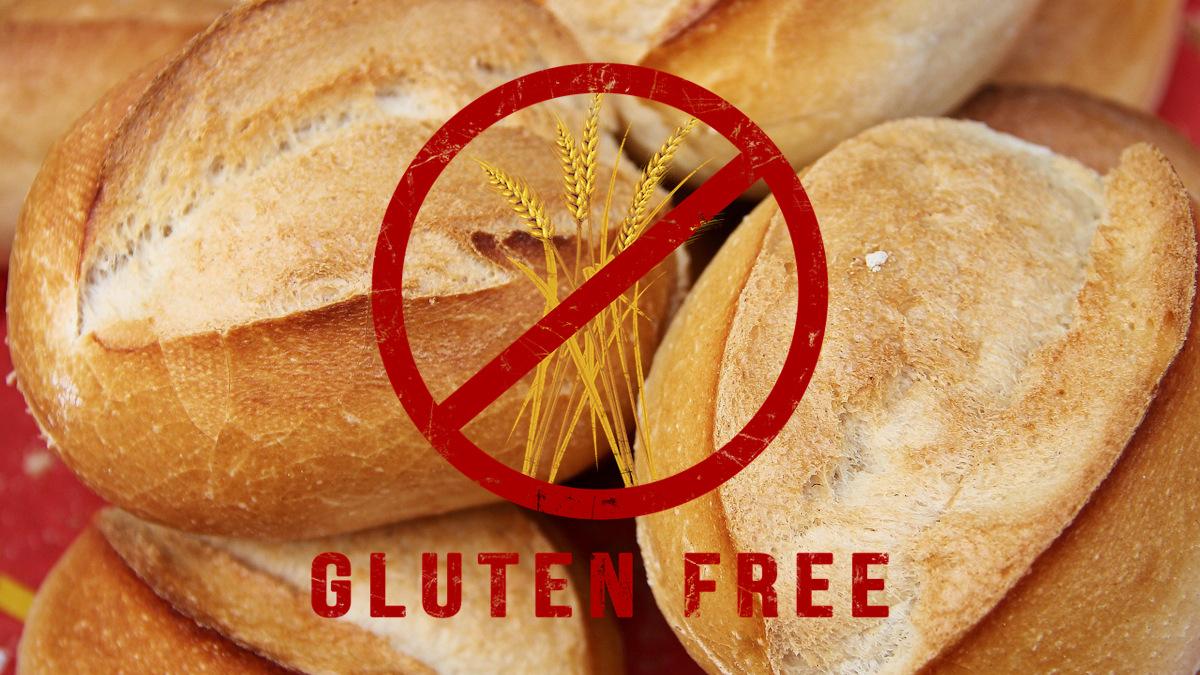FDA fast-tracks Teva's coeliac disease treatment

The only available treatment for a patient with coeliac disease is a strict gluten-free diet, which is often not enough on its own to curb symptoms. Now, the FDA has said it will carry out a speedy review of a Teva medicine that it hopes can change that.
The US regulator has awarded fast-track status for TEV-53408, an anti-IL-15 antibody currently in a phase 2a trial as an add-on to a restricted diet for the disorder, which could lead to a more rapid review and allow it to be brought to market sooner.
Gluten is a protein found in wheat, rye and barley that, in coeliac disease patients, stimulates an autoimmune response, damaging the small intestine and interfering with the absorption of nutrients from food.
The lifelong disease – which affects around 1% of the global population – can cause a wide range of gastrointestinal symptoms, including abdominal pain, bloating and flatulence, diarrhoea, constipation, indigestion, and vomiting.
Although theoretically possible, avoiding gluten-containing products has proved to be very challenging in practice, primarily due to the risk of cross-contamination, as even foods labelled as gluten-free can contain up to 20 parts per million of the protein.
The proinflammatory cytokine IL-15 is implicated in the immunopathology of coeliac disease as it seems to lead to activation and proliferation of white blood cells that are thought to be involved in the destruction of intestinal epithelial cells.
Teva's chief medical officer Eric Hughes said that the FDA fast track designation for TEV-53408 "reflects the promising nature of the treatment and the urgent unmet need of people living with coeliac disease."
Teva's clinical trial compares the antibody given as a subcutaneous injection to a matched placebo in patients diagnosed with coeliac disease and on a gluten-restricted diet for at least 12 months, and will follow them for up to seven years.
Its primary efficacy measure is the change from baseline in villous atrophy – the degradation of the finger-like projections lining the intestines that characterises coeliac disease – over eight weeks, with results due next year.
Teva is not the only company that has looked at IL-15 as a target in the disorder. Provention Bio (acquired by Sanofi in 2023) completed a phase 2b trial of an antibody called PRV-015 (formerly AMG 714) in 2024, but no longer appears in Sanofi's pipeline listing.
Novartis, meanwhile, added an IL-15 drug when it acquired Calypso and its early-stage clinical candidate CALY-002 last year, while Equillium abandoned one dual IL-15/IL-21 inhibitor (EQ102) after phase 1 testing and replaced it with another (EQ302) that is on hold "pending additional funding or partnering."











